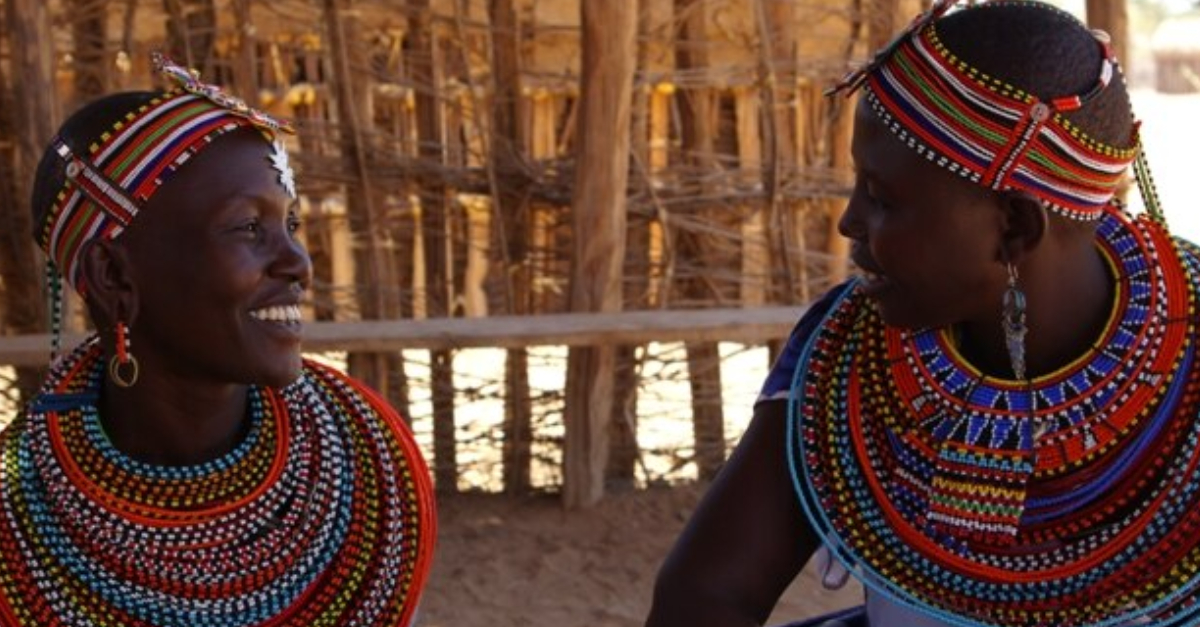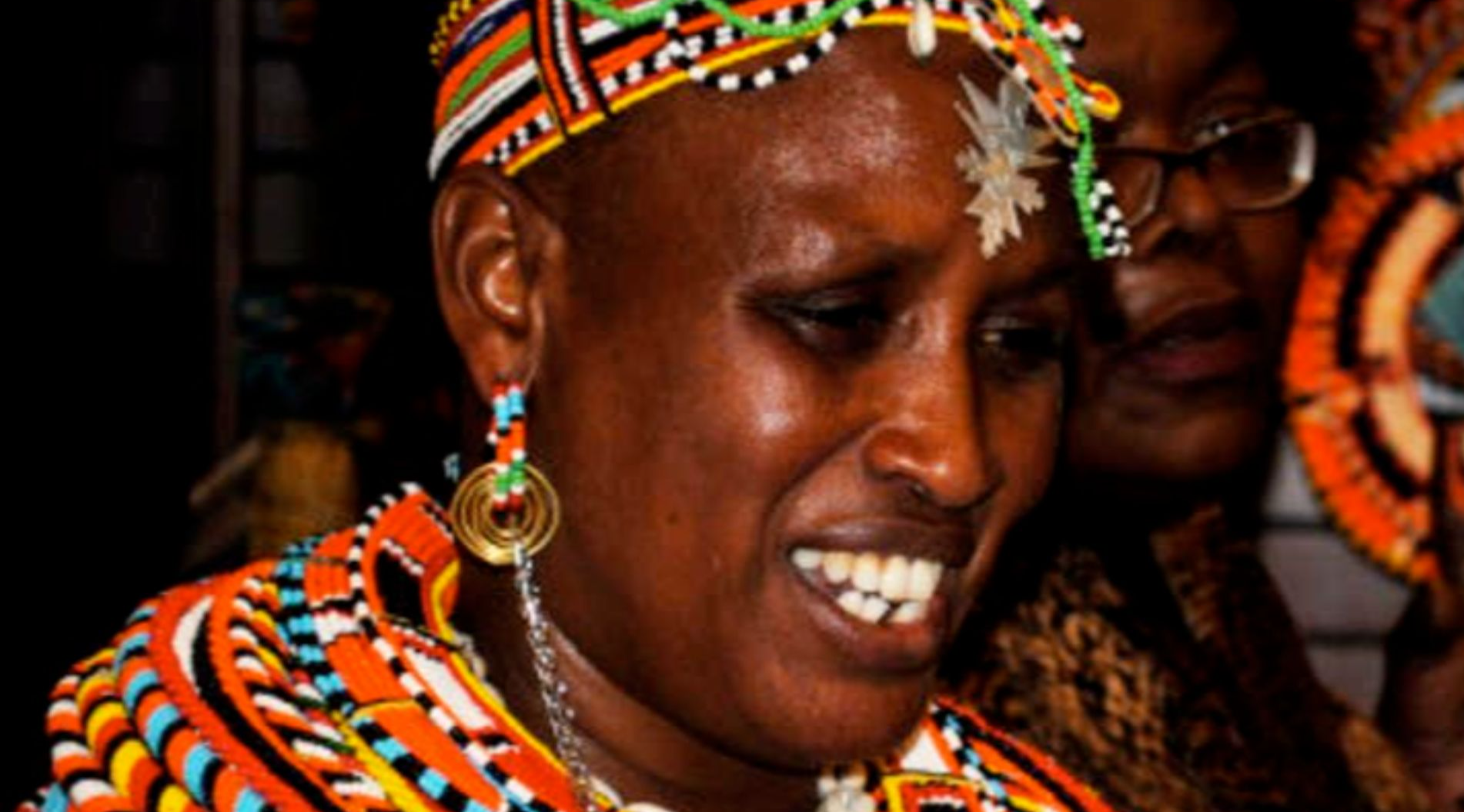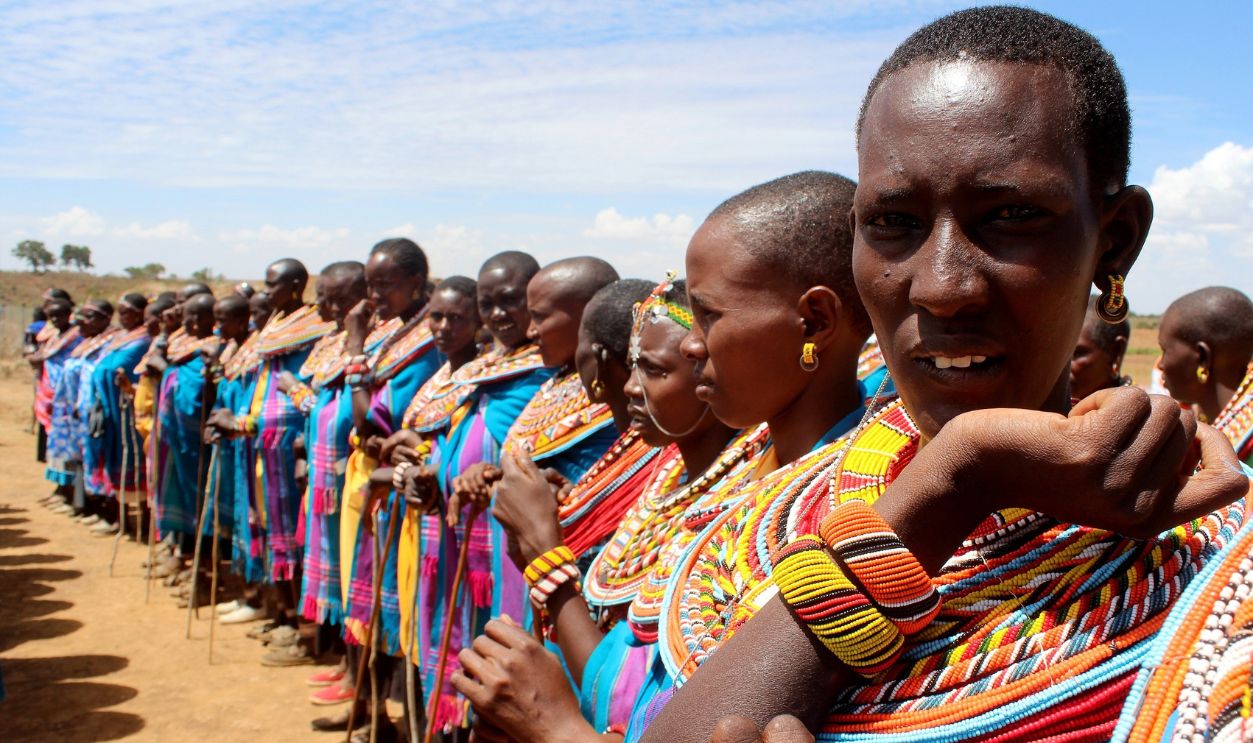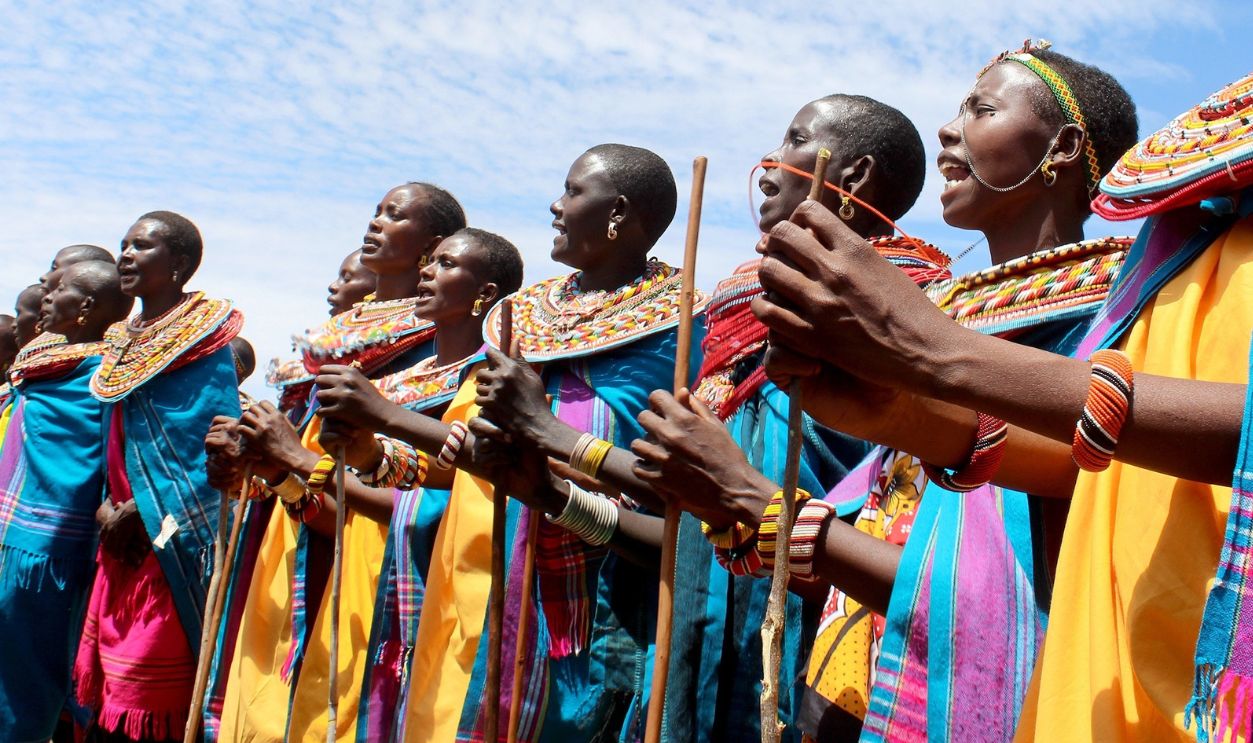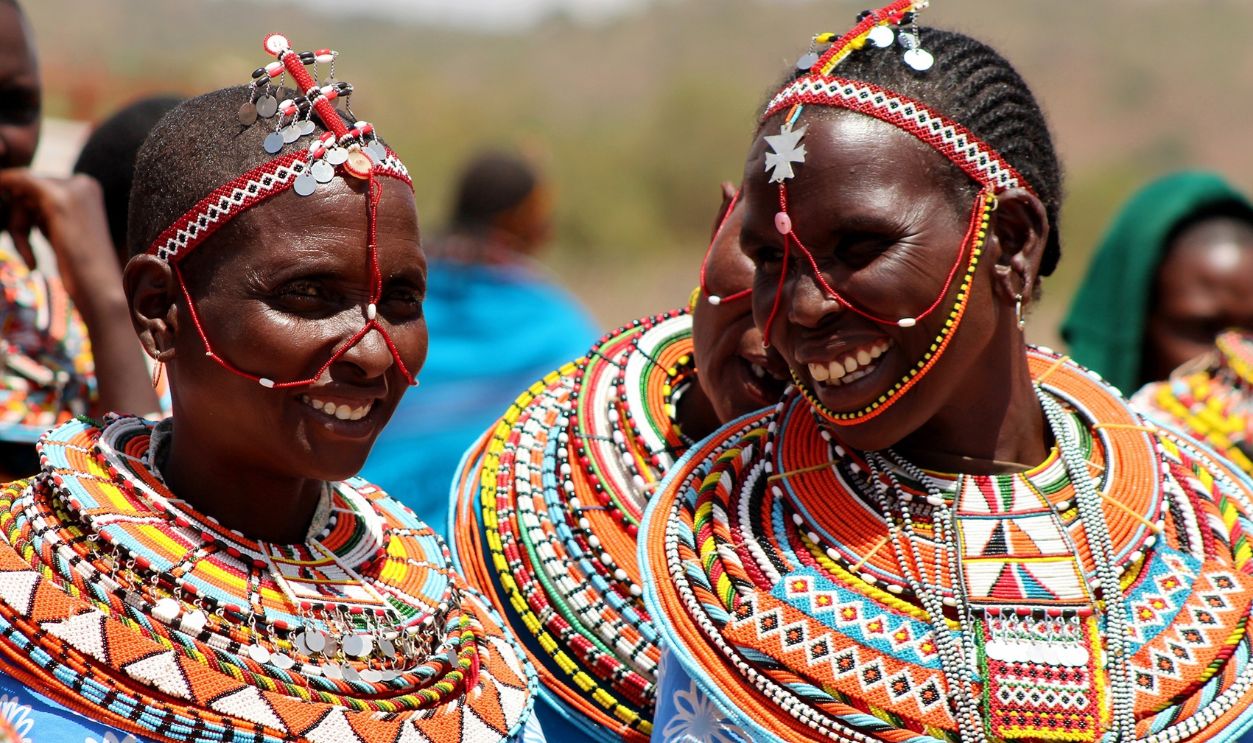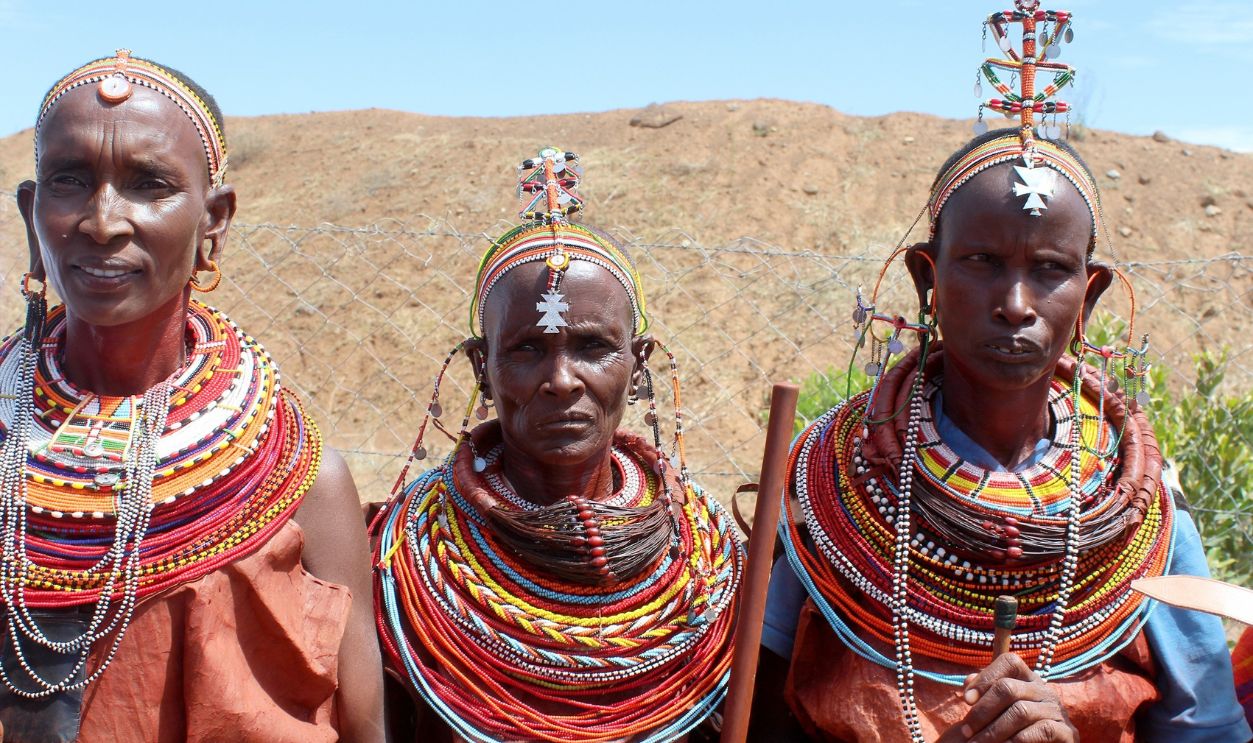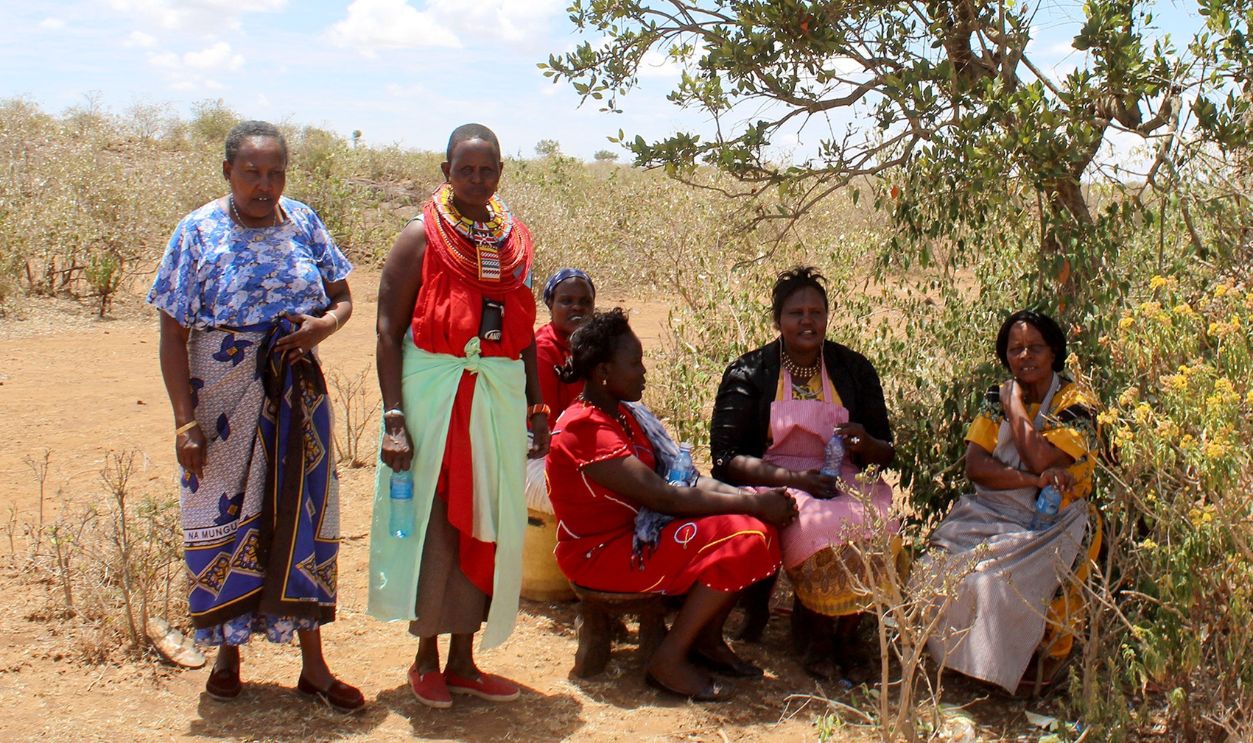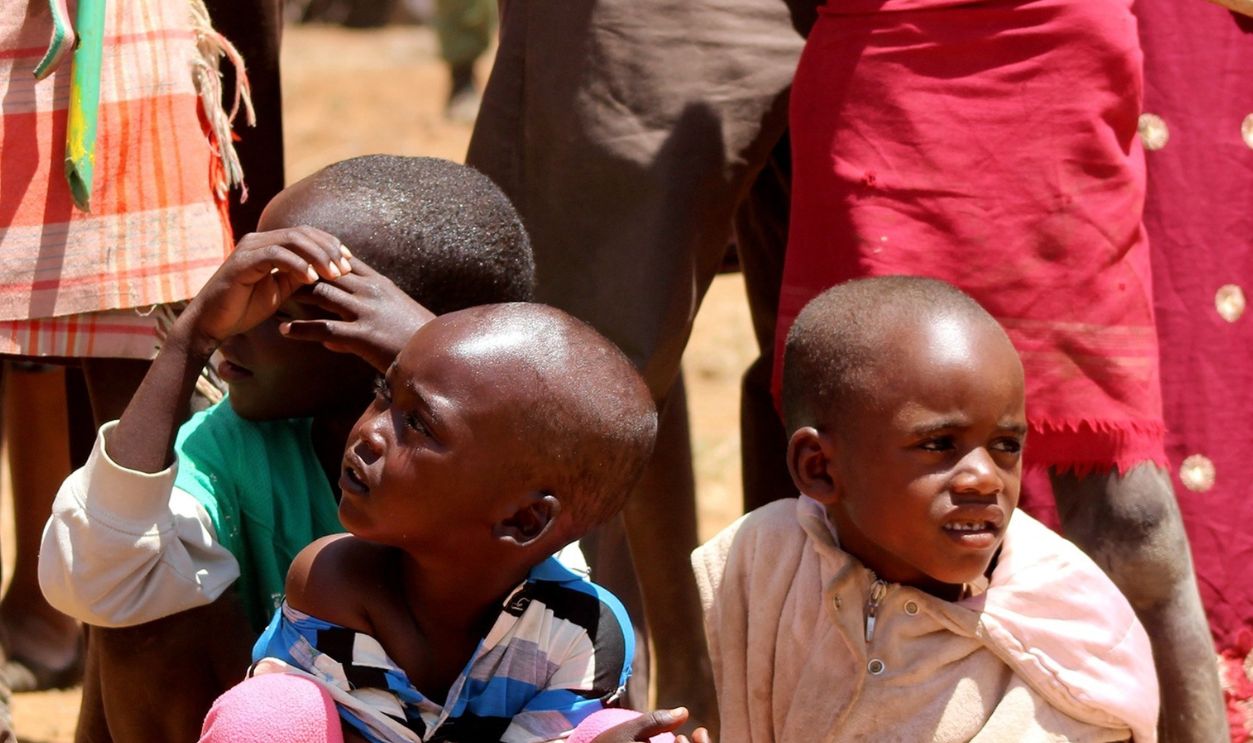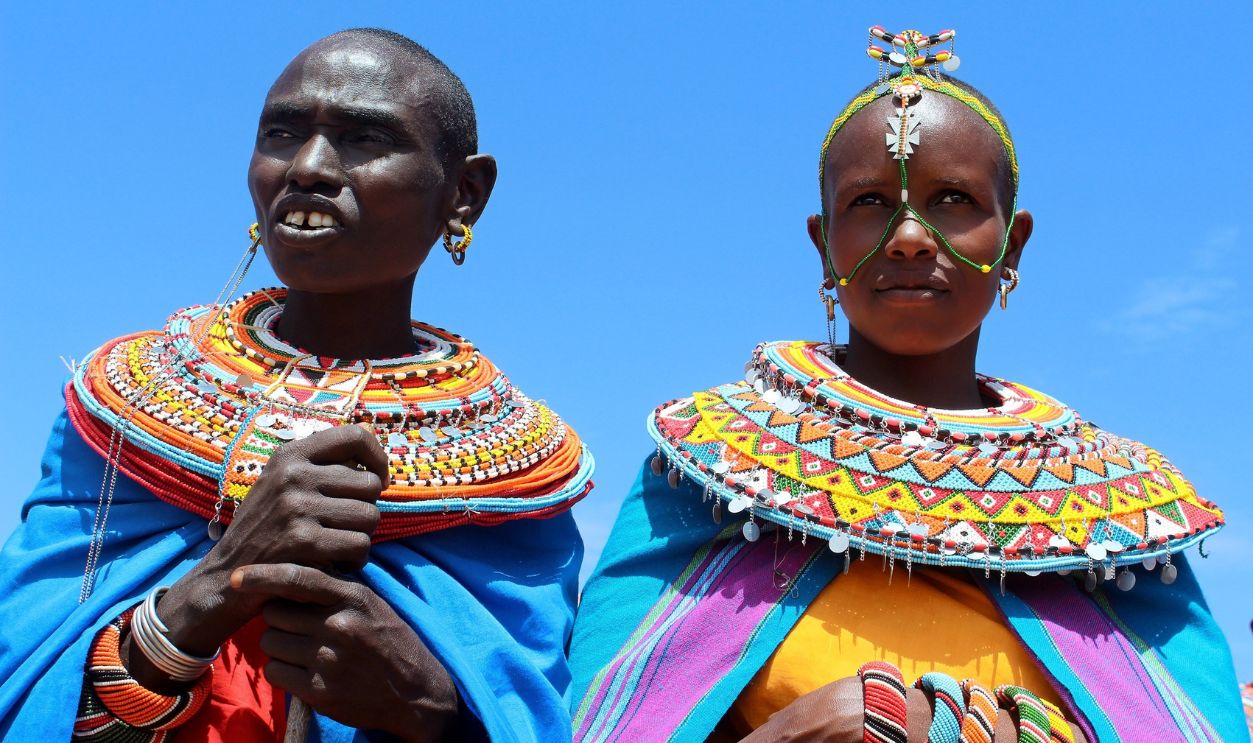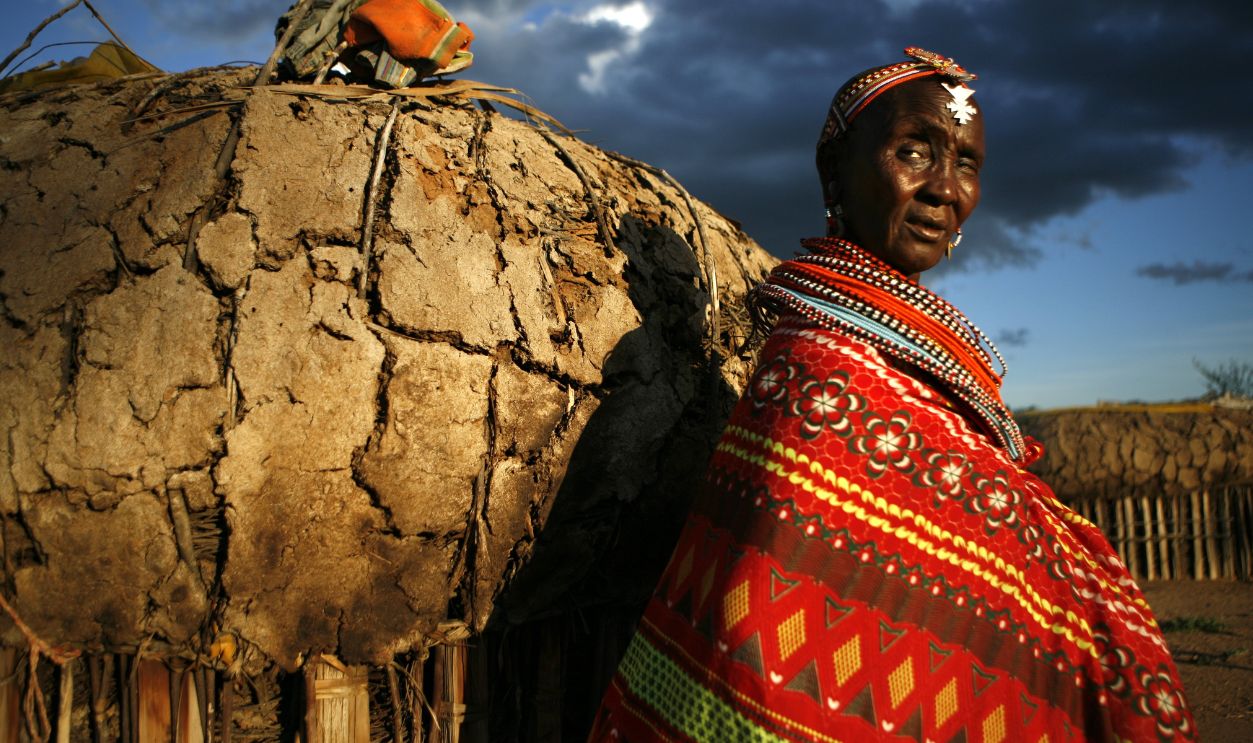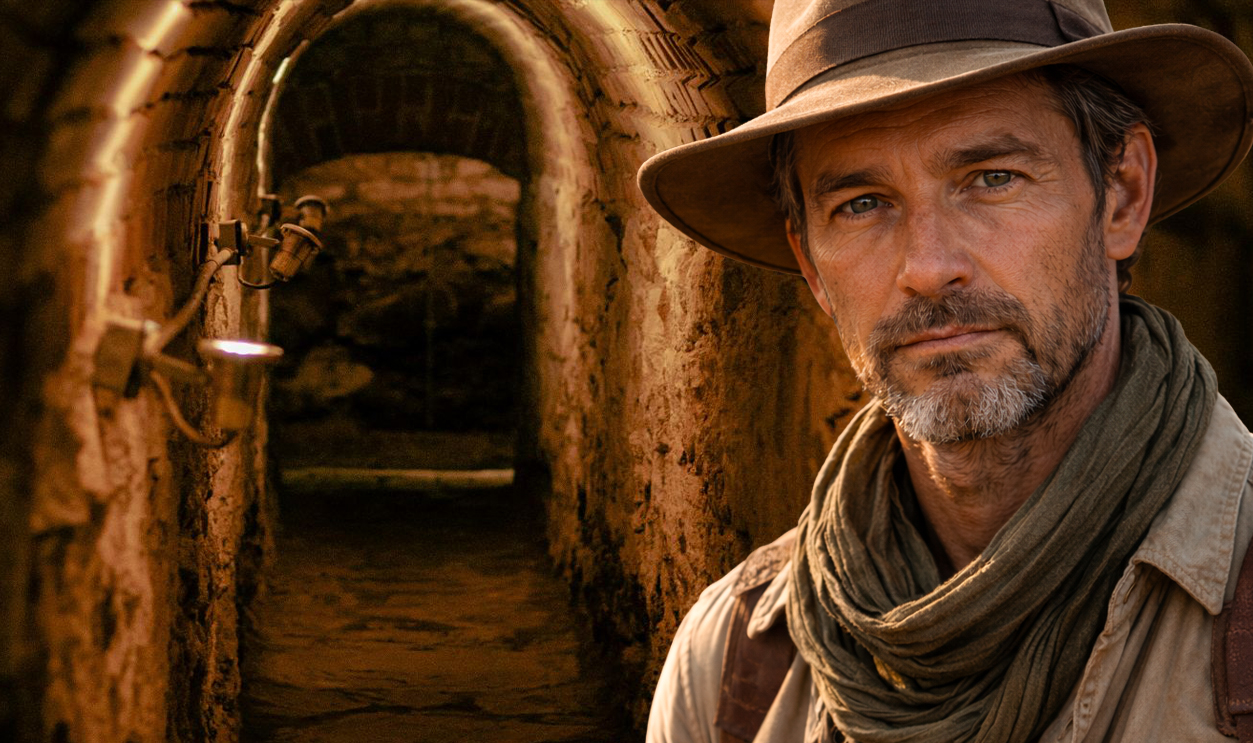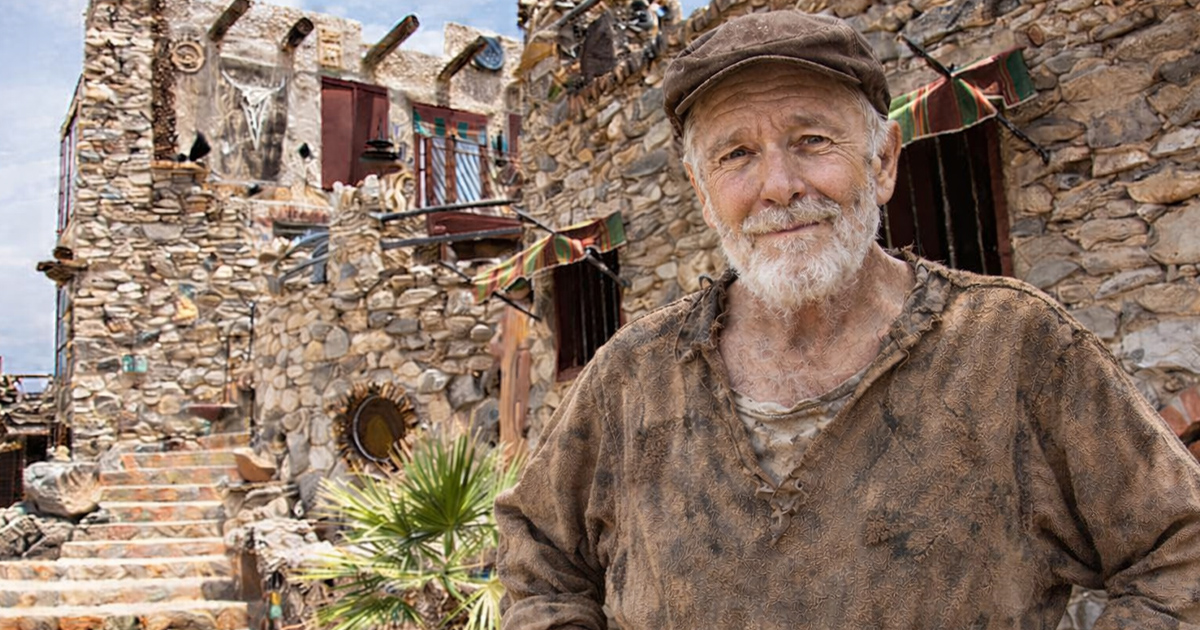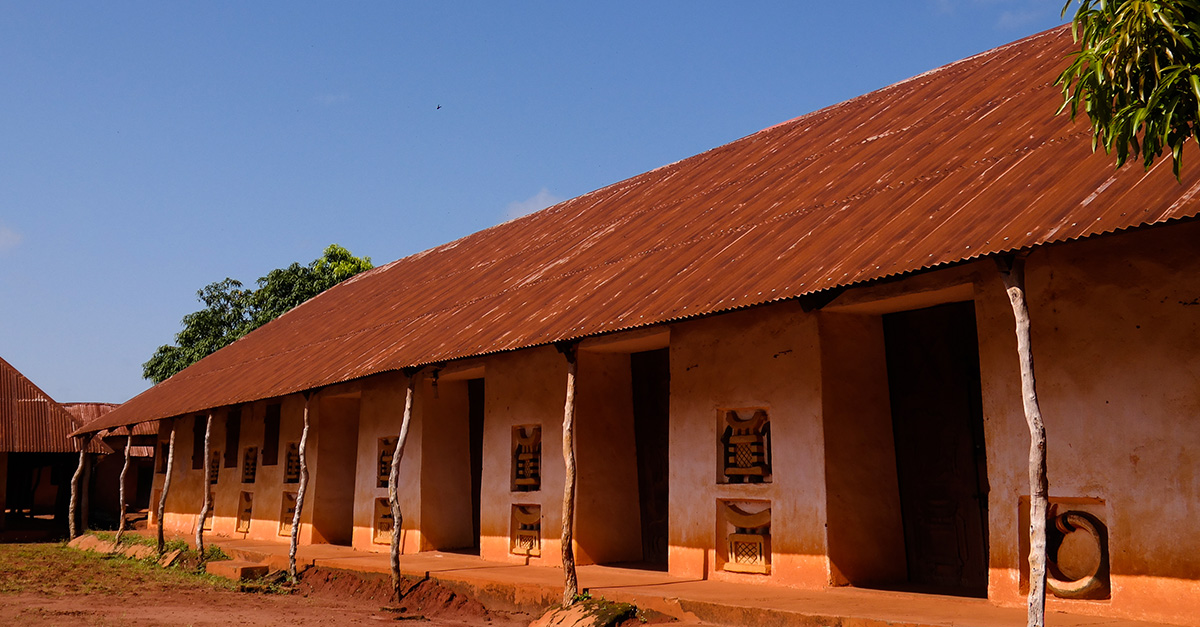The Village That Changed Everything
In the dusty plains of northern Kenya there sits a village unlike anything you’ve ever seen, or heard of. A village with one simple, yet unbreakable rule: no men allowed! This isn’t a legend or a movie plot. This is Umoja—a real community built by women, for women, with an origin story that will leave you astonished and enlightened.
Why Would Women Do This?
The first question everyone asks is: why? Why would women create a place where men can’t live at all? The answer goes beyond curiosity. It’s about survival, safety, and rewriting the rules of a system that once left them powerless.
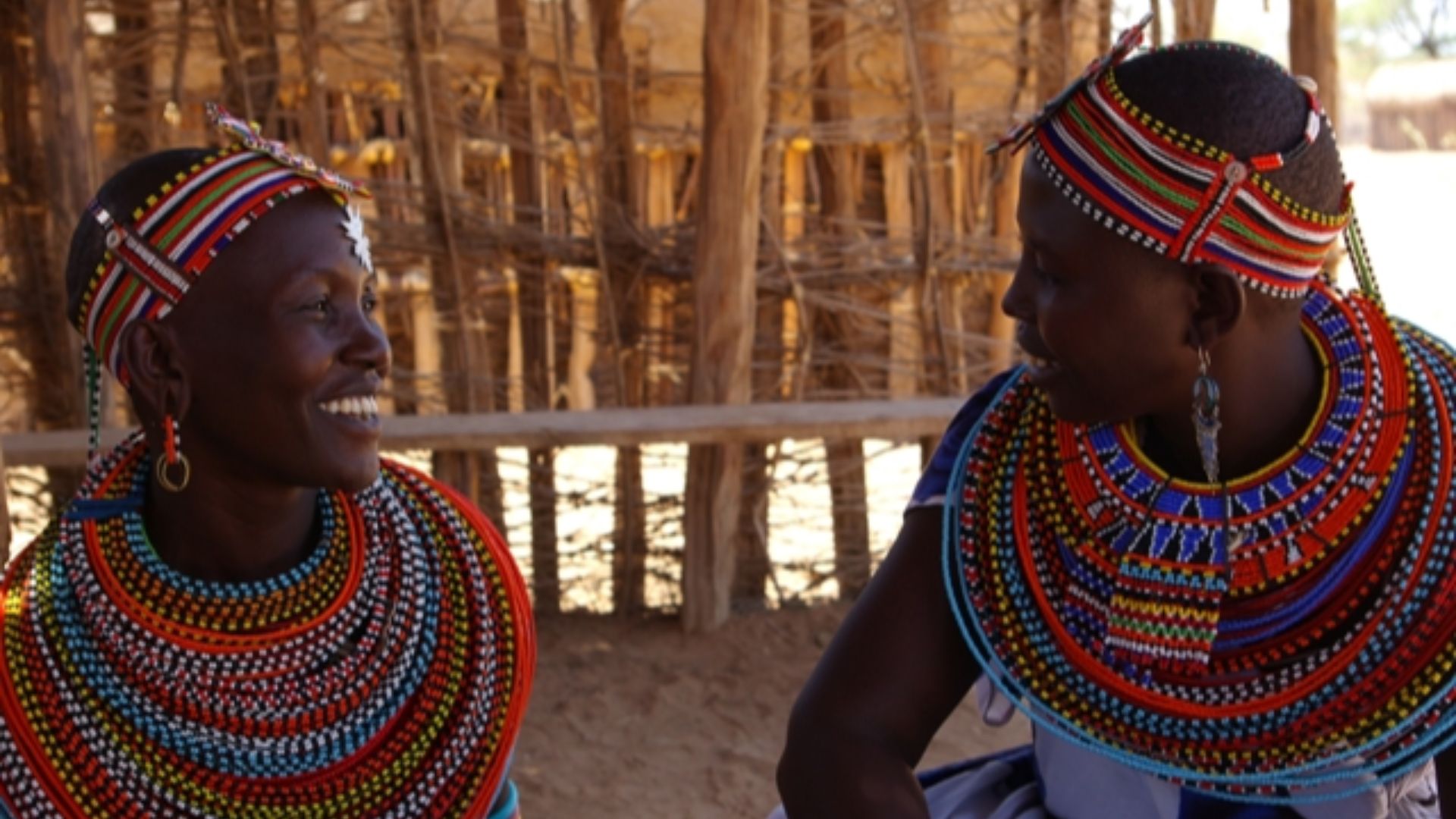 Jean Crousillac et Jean-Marc Sainclair, Wikimedia Commons
Jean Crousillac et Jean-Marc Sainclair, Wikimedia Commons
The Rule That Defines Umoja
At the heart of Umoja lies its most famous law: no men can live inside the gates. They can visit, trade, or talk with relatives, but at night the village belongs only to women and their children. As founder Rebecca Lolosoli explained: “Men are forbidden to live in the village, but may visit as long as they behave and abide by the women’s rules.”
The Spark That Lit Umoja
In 1990, Samburu woman Rebecca Lolosoli did something bold. She spoke out about women deserving equality—land, respect, and a voice in decisions. For that, she was attacked. Instead of retreating, she chose a new path: build a world where women could live free.
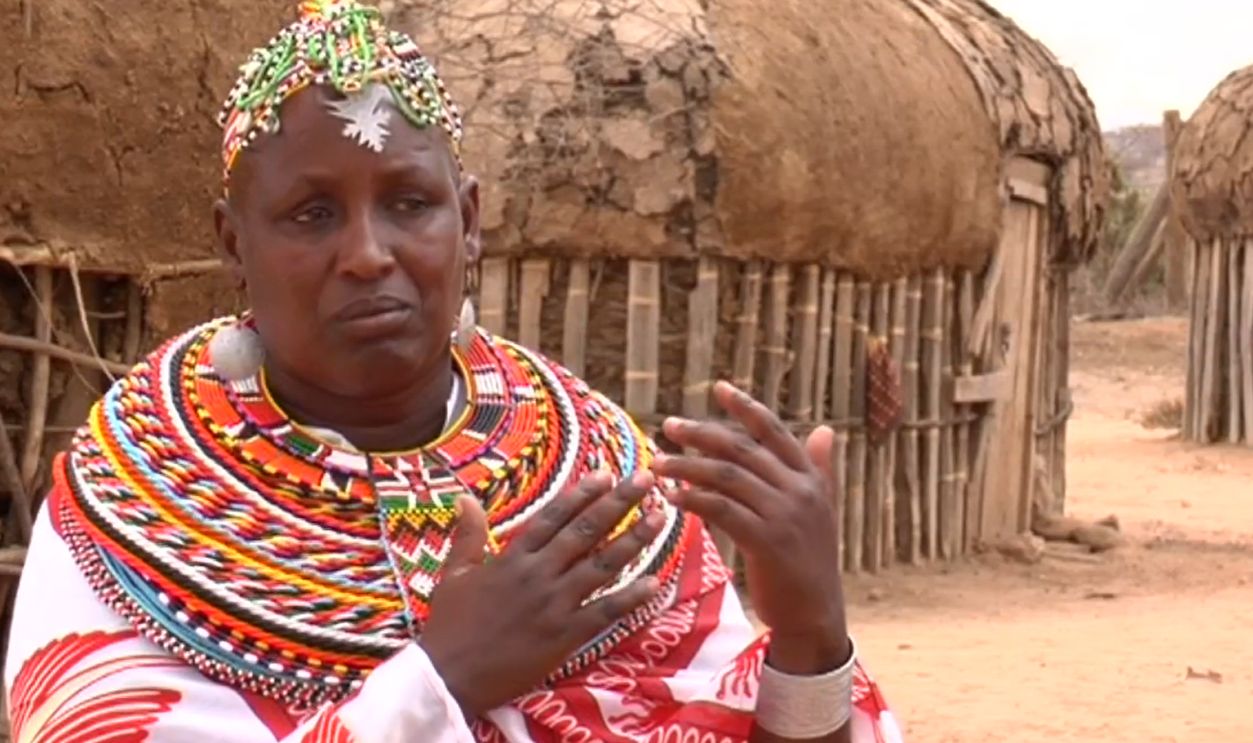 Rebecca Lolosoli, Vital Voices Global Partnership
Rebecca Lolosoli, Vital Voices Global Partnership
What They Were Escaping
Rebecca wasn’t alone in this. Other women joined her—women who'd faced violence, abandonment, and forced marriages. Tired of being silenced, Umoja became their way to step out of harm’s shadow and claim a different, better, safer life.
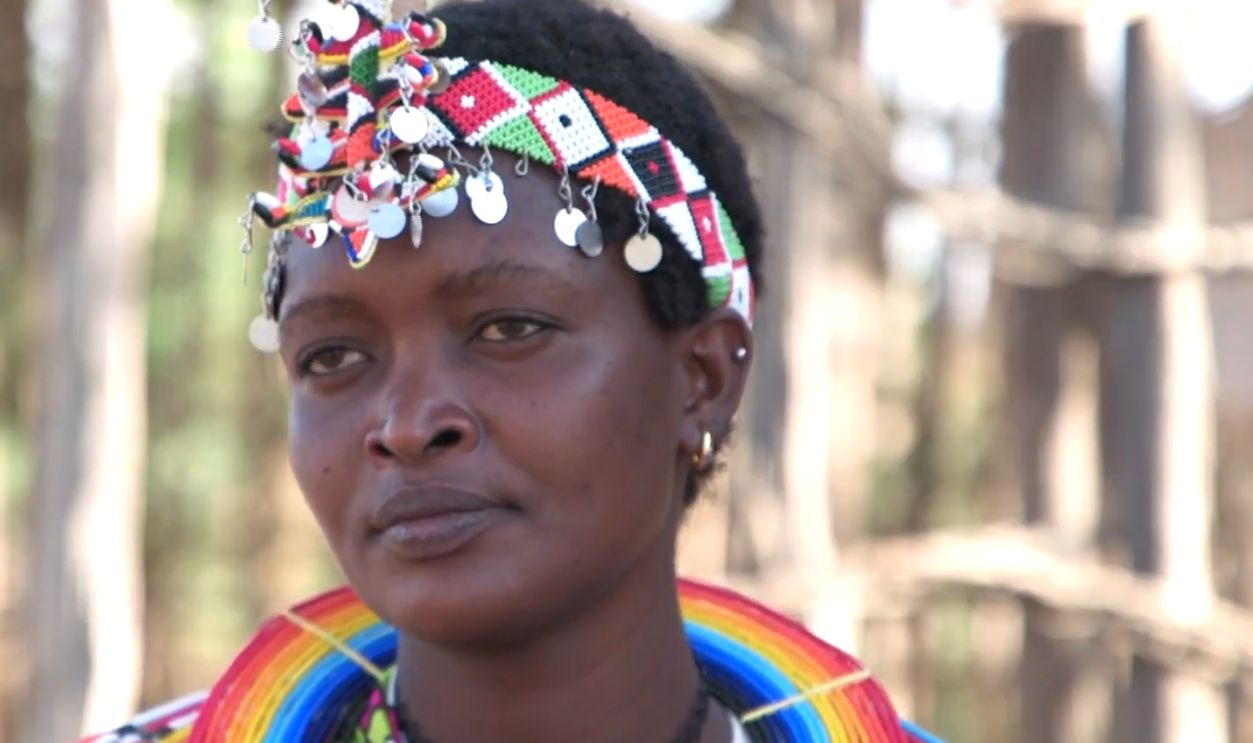 Inside Umoja village in Kenya where women rule and victims of abuse can heal, CBS Mornings
Inside Umoja village in Kenya where women rule and victims of abuse can heal, CBS Mornings
A Refuge for the Forgotten
Umoja quickly grew into a haven for the forgotten: young brides forced into marriages they never agreed to, mothers left behind with children, and women who had nowhere else to turn. Here, they found protection, community, and a second chance.
Walking Away From Old Traditions
Leaving meant breaking centuries of Samburu customs. Men had always controlled property, marriages, and decisions. But these women said no more. They walked away from an old order and chose to start fresh—even if it meant beginning with nothing.
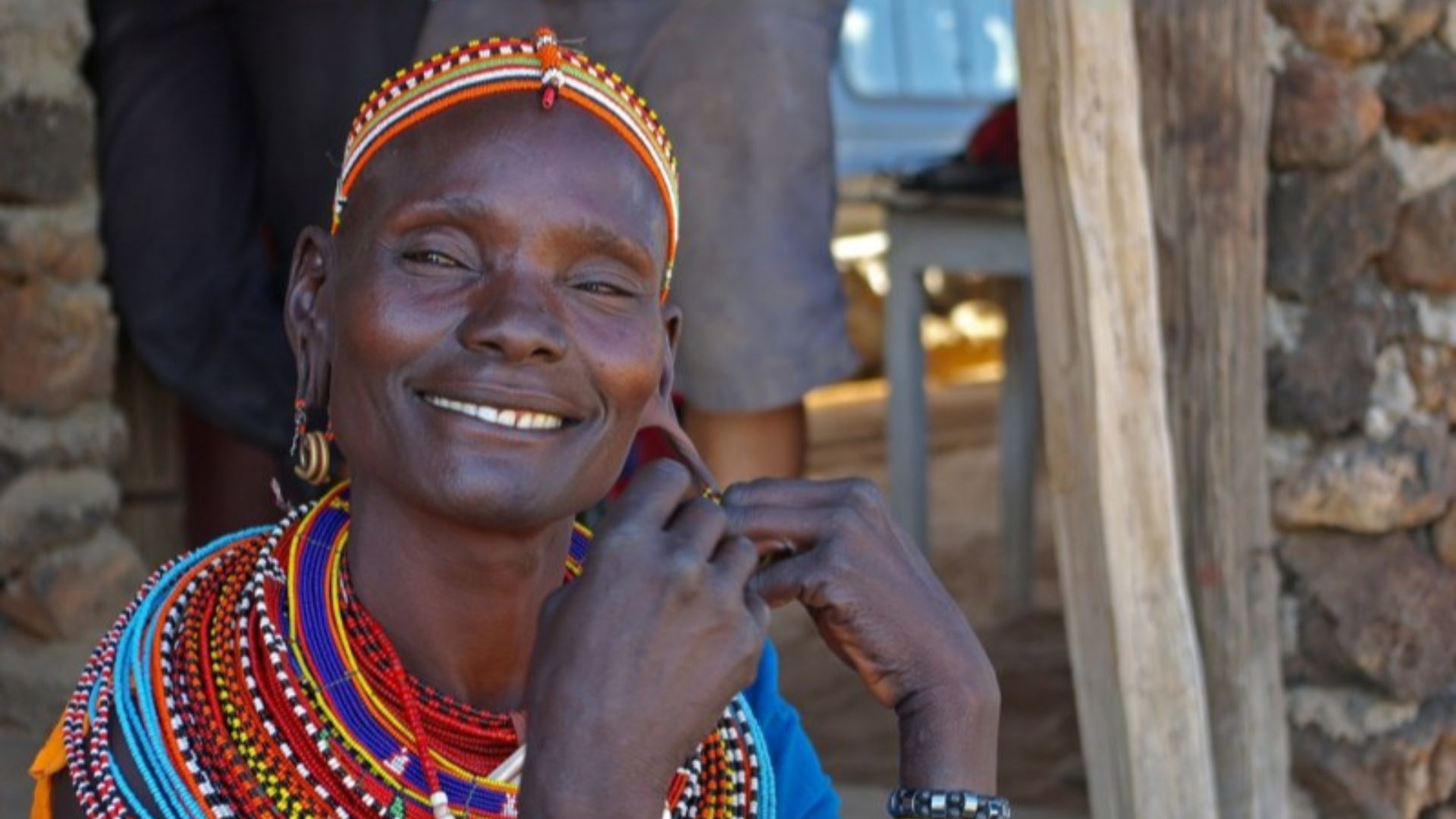 Jean Crousillac et Jean-Marc Sainclair, Wikimedia Commons
Jean Crousillac et Jean-Marc Sainclair, Wikimedia Commons
The Birth of Umoja
They named their village Umoja, the Swahili word for “unity.” It wasn’t just a name—it was a declaration of purpose. Together, they built huts, shared food, and created a community where women would finally set the rules.
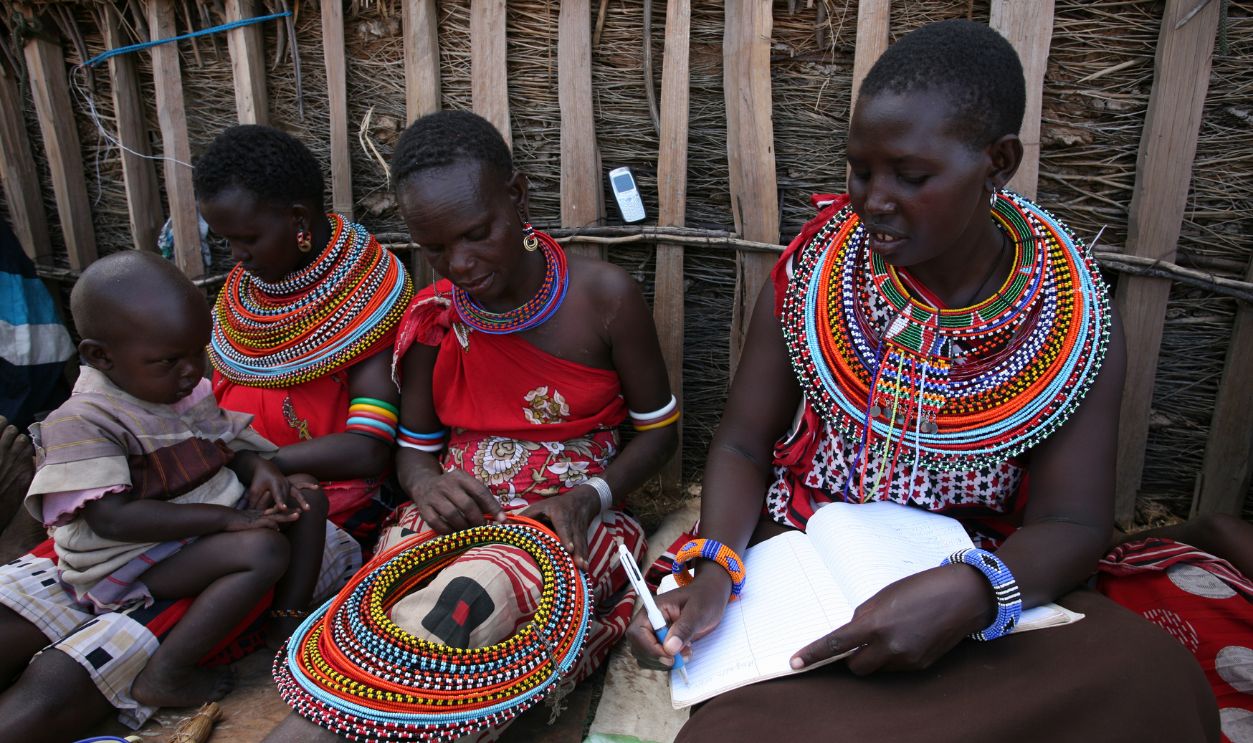 Christophe Calais, Getty Images
Christophe Calais, Getty Images
What Happens to the Boys of Umoja?
This is one of the first things visitors want to know. Boys are welcome in Umoja as children. They grow up here, play, and attend school. But they aren't exempt from that one all-important rule...Because once they reach adulthood, they can no longer live inside the gates. Instead, they move to nearby communities or begin lives of their own.
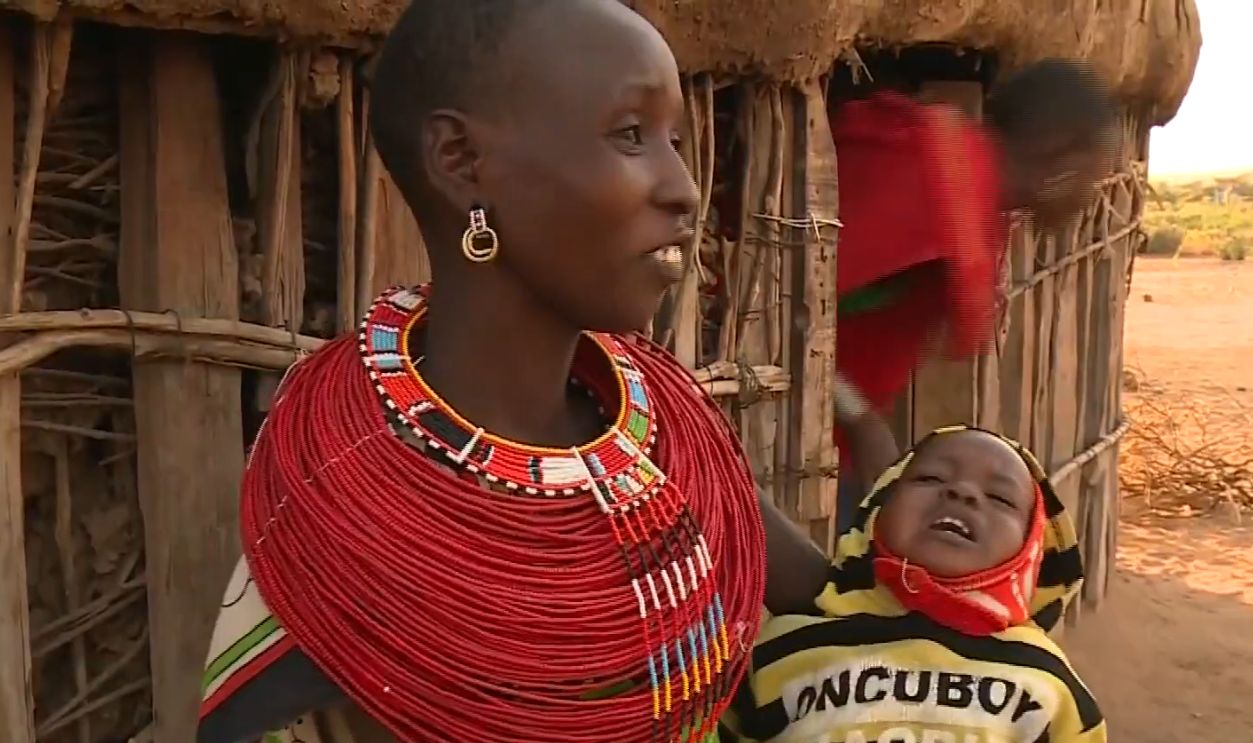 Inside Umoja village in Kenya where women rule and victims of abuse can heal, CBS Mornings
Inside Umoja village in Kenya where women rule and victims of abuse can heal, CBS Mornings
Love Beyond the Gates
Another burning question: do the women still fall in love? The answer is yes—just not inside Umoja. Some form relationships with men from neighboring communities, but the village itself always remains their safe base. Independence comes first.
A Place Built on Togetherness
Step inside Umoja and you’ll see traditional Samburu huts, children laughing, and women singing as they work. The homes may be simple, but the sense of belonging is profound.
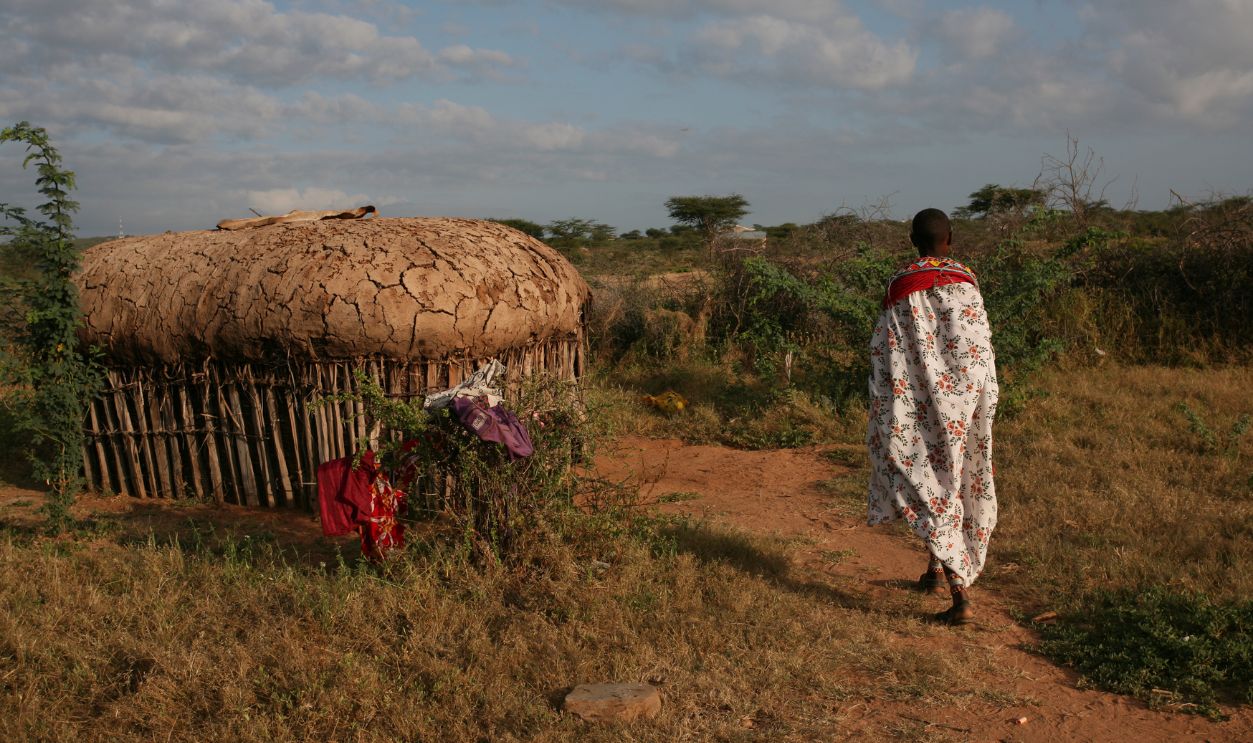 Christophe Calais, Getty Images
Christophe Calais, Getty Images
Life Without Men
From the outside, it looks like any other functioning community. The women fetch water, tend goats, cook meals, raise children, and manage money. The only difference? They run it all themselves.
 Christophe Calais, Getty Images
Christophe Calais, Getty Images
Beads That Tell Stories
One of Umoja’s lifelines is beadwork. Their colorful necklaces and bracelets are sold to visitors, turning craft into income. Each bead strung together represents survival, solidarity, and pride.
Tourists on the Trail
Word of Umoja spread far and wide. Today, travelers camp in the village, buy beadwork, and hear stories directly from the women. Tourism sustains Umoja while sharing its bold message with the world.
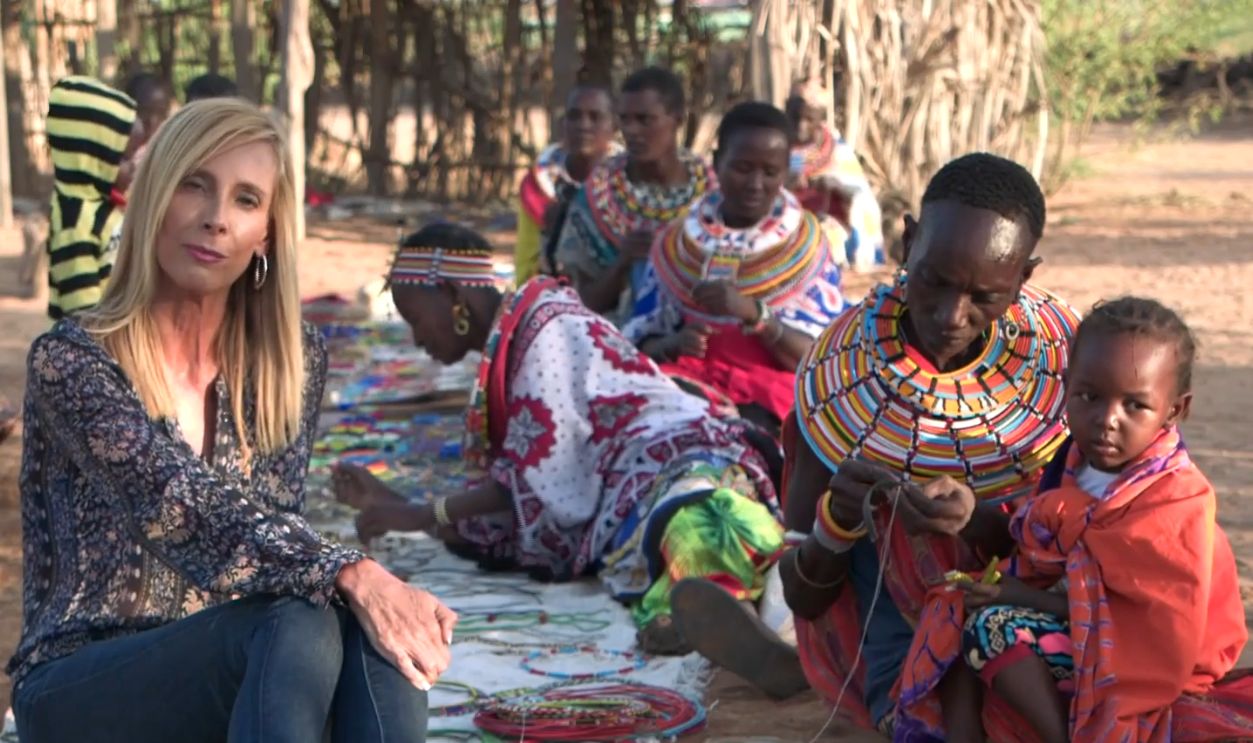 Inside Umoja village in Kenya where women rule and victims of abuse can heal, CBS Mornings
Inside Umoja village in Kenya where women rule and victims of abuse can heal, CBS Mornings
Education for the Next Generation
One of Umoja’s proudest achievements is its school. Here, girls and boys learn side by side. For children who might otherwise miss out on education, Umoja’s classrooms provide hope and opportunity.
 Christophe Calais, Getty Images
Christophe Calais, Getty Images
“They Become Independent”
Rebecca describes the transformation she has witnessed: “They become socially and economically independent and make decisions on matters that affect them directly.” It’s a powerful reminder of what Umoja was built for.
Leading With Strength
Rebecca Lolosoli remains the matriarch of Umoja. She speaks on international stages about women’s rights, yet always returns to guide the community she helped build from nothing.
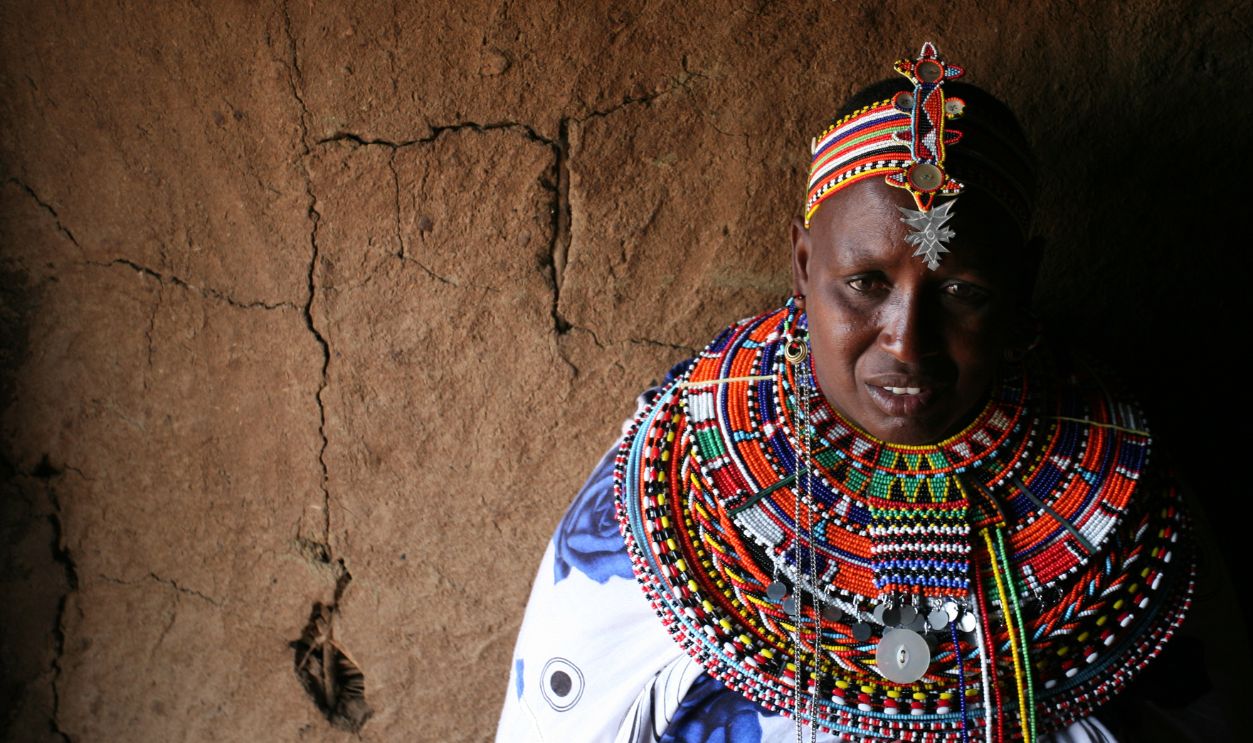 Christophe Calais, Getty Images
Christophe Calais, Getty Images
Redefining Tradition
The women still honor Samburu culture—through songs, dances, and bright dress—but they’ve abandoned the customs that once harmed them. Here, daughters grow up knowing they have choices.
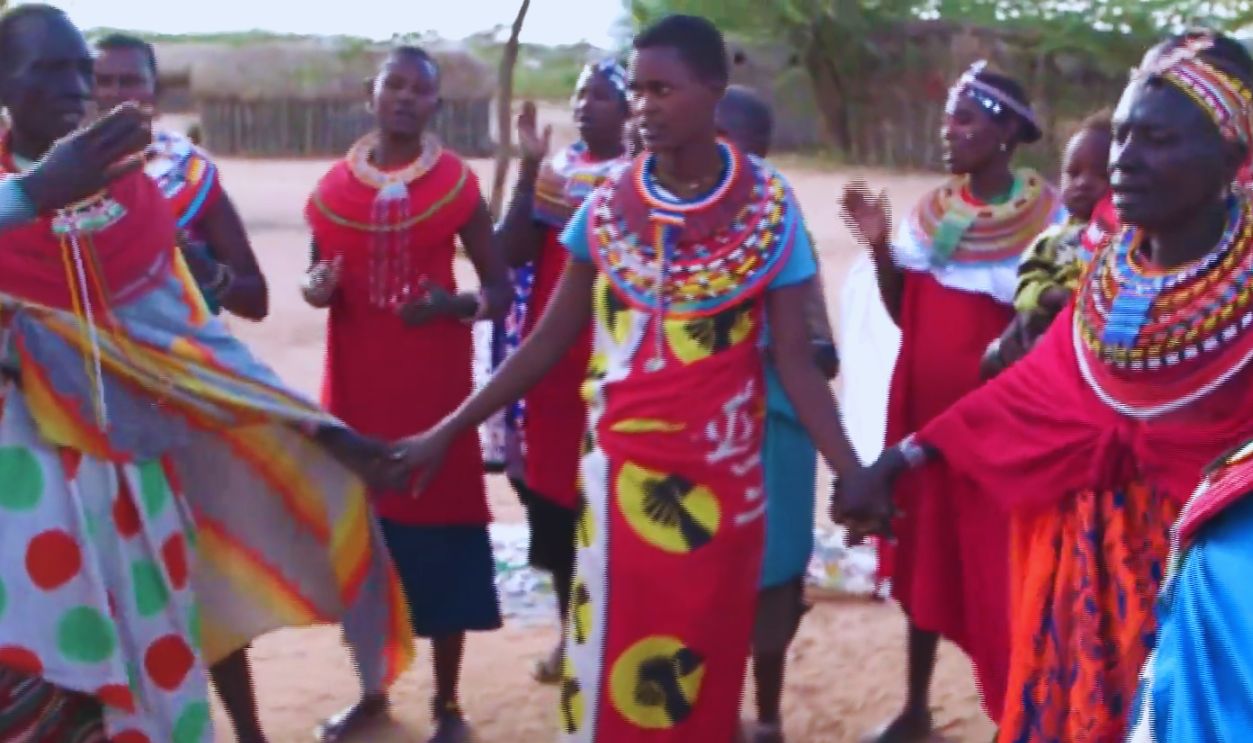 Inside Umoja village in Kenya where women rule and victims of abuse can heal, CBS Mornings
Inside Umoja village in Kenya where women rule and victims of abuse can heal, CBS Mornings
Facing Pushback
Not everyone welcomes Umoja. Some men in surrounding communities see it as a challenge to tradition. The women have faced hostility, but for over three decades, they’ve stood their ground.
Safety in Unity
Ask any woman what Umoja means to her, and one word comes up over and over: safety. Here, they raise children, sleep peacefully, and live knowing their future is their own.
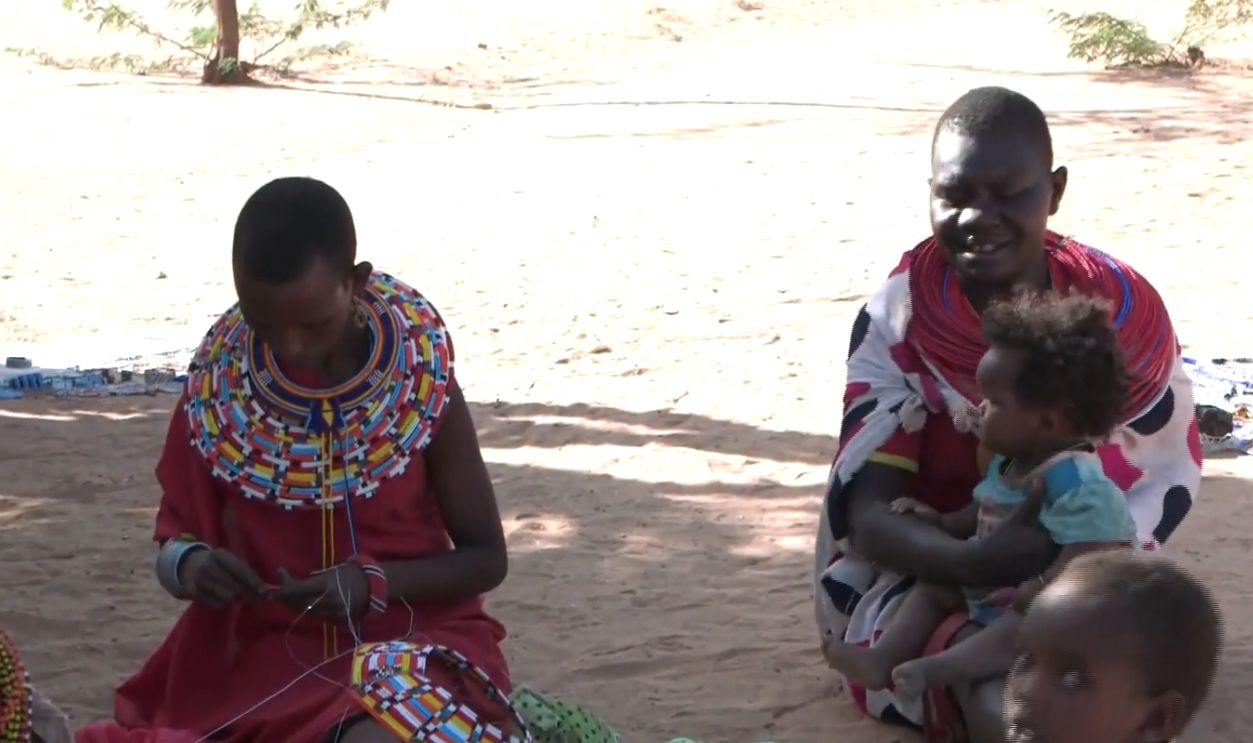 Inside Umoja village in Kenya where women rule and victims of abuse can heal, CBS Mornings
Inside Umoja village in Kenya where women rule and victims of abuse can heal, CBS Mornings
Children of Umoja
The children grow up watching their mothers lead, earn money, and make decisions. That example plants seeds of confidence and possibility that ripple into the next generation.
“They Can Own Property Any Way They Want”
Resident Jane Nolmongen said it best: “They are now enlightened and can own property any way they want.” In a culture where women rarely owned land, that’s nothing short of revolutionary.
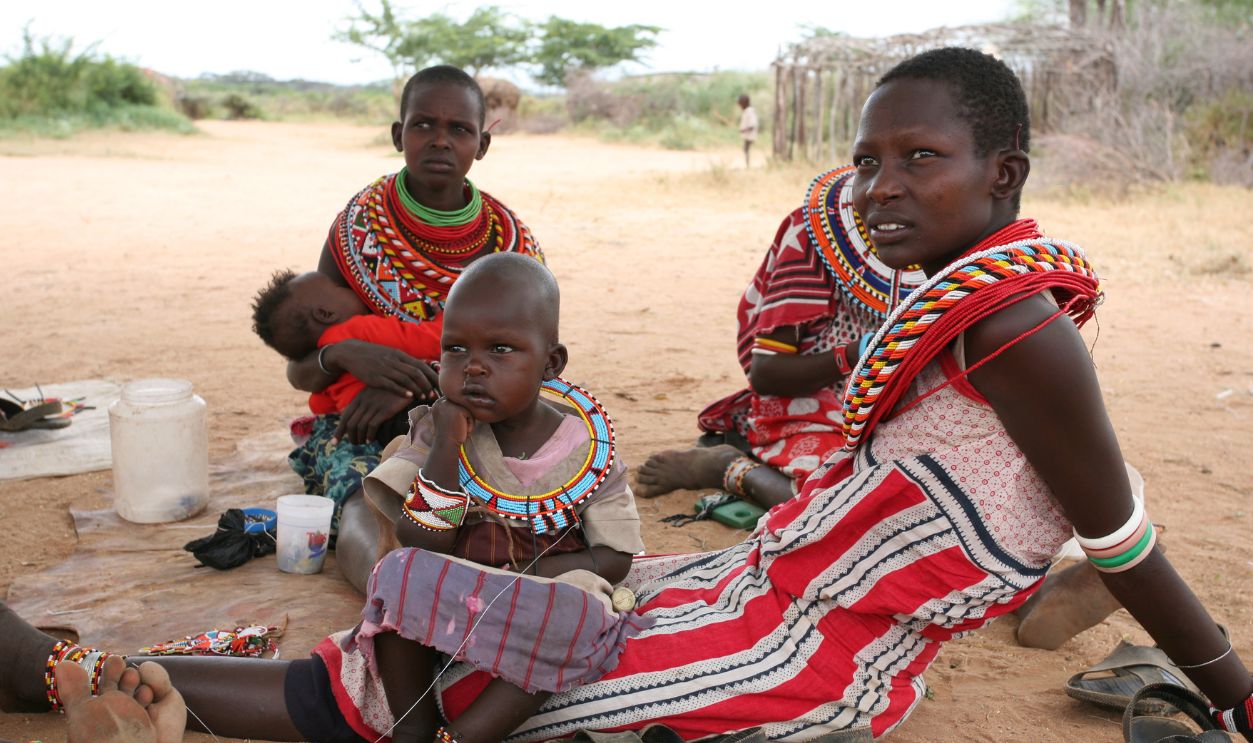 Christophe Calais, Getty Images
Christophe Calais, Getty Images
Building Step by Step
Over time, Umoja’s women pooled their resources in order to expand. They built sturdier huts, a communal kitchen, solar lighting, and even guest facilities for travelers. Each improvement represents years of sacrifice and determination.
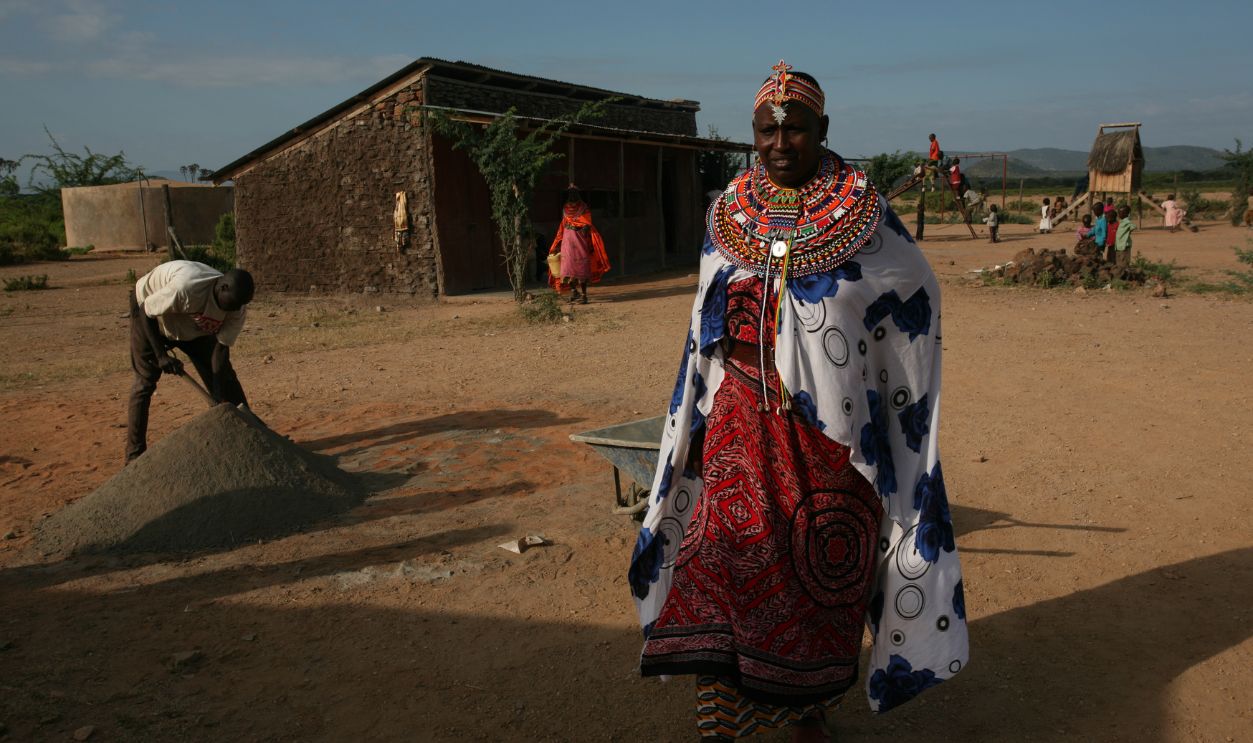 Christophe Calais, Getty Images
Christophe Calais, Getty Images
A Global Symbol
From documentaries to news articles, Umoja has captured attention around the world. What began as just 15 women seeking a safe refuge has now become a global symbol of female empowerment, resilience and change.
 Inside Umoja village in Kenya where women rule and victims of abuse can heal, CBS Mornings
Inside Umoja village in Kenya where women rule and victims of abuse can heal, CBS Mornings
More Than Survival
Umoja isn’t only about escaping the past. It’s about joy, laughter, and celebration. Life here is proof that survival can grow into strength—and strength into happiness.
A Lesson Bigger Than Umoja
The story of Umoja isn’t just about one Kenyan village. It’s about the courage to say “no” to what harms you and “yes” to building something better. Umoja proves that when women unite, they can change the world.
You Might Also Like:
Inside The High-Stakes Bull Jumping Ceremony Of The Hamer Tribe
The “Underwater People” Nearing Extinction

